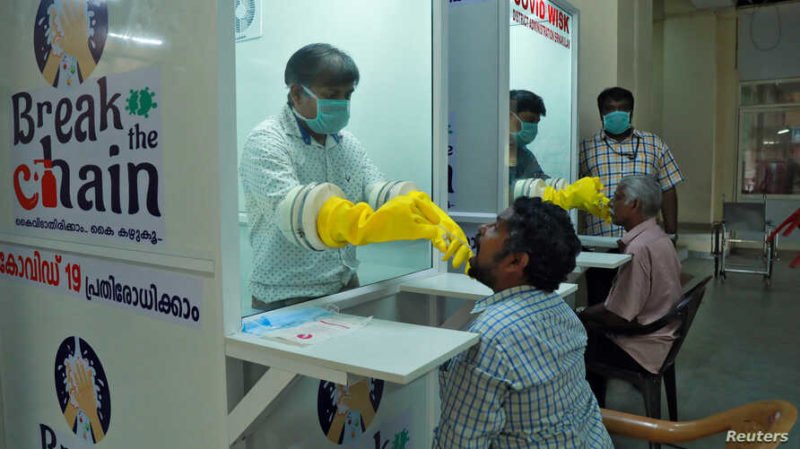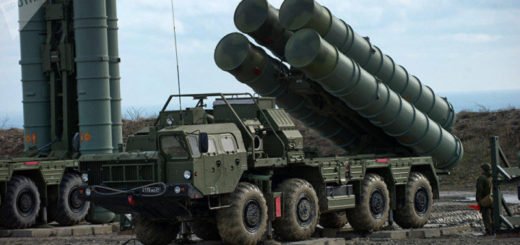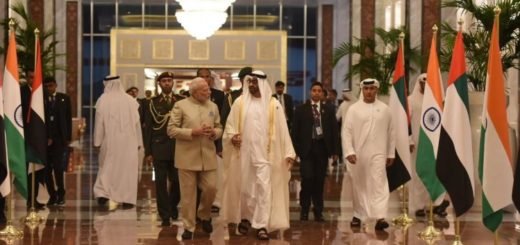Kerala And Wuhan: Leading The Battle Against COVID-19

Kerala has turned out to be the silver lining in the battle against the epidemic in India. The onset of COVID-19 has again brought the Kerala model back to centre stage. How Kerala has confronted, tackled and tamed this pandemic in a much better way, with limited resources, than many developed cities around the world. The southern state of India “Kerala” (popularly known as God’s own land) has once again shown itself as a model to other Indian states.
Wuhan was the first city in the world to be affected by novel coronavirus disease (COVID-19) in mid-November 2019. The Chinese establishment tried all might to reduce the outbreak of this human-to-human transmission disease.
Wuhan began to witness the drop in cases of positive cases in February. This was a result of strict travel restrictions and suspending road, train and air travel and cancelling mass events, social and sports events. Citizens asked to stay indoors to break the chain of community transmission, in an attempt to contain the effects of epidemic in their territory.
Rapid testing facilities all over mainland China, mass construction of temporary hospitals, dedicated to treating COVID patients only. All Chinese production in the last few months focusing on manufacturing the Personal Protection Equipment (PPE), including hazmat suit, N95 Masks and other protective gears.
China used artificial intelligence, data from the World Health Organization to contain the epidemic. It also witnessed migrant labour issues and local government authorised trains to take workers directly to the factories and also subsidies were granted to companies due to financial strain.
The first case of COVID-19, reported in India on January 30, was from Kerala. Since then, there are more than 19,984 cases and 640 casualties (as of April 23) are reported across the nation. Kerala was the first state to initiate screening of visitors with a foreign travel history and further quarantine them on a large scale.

Kerala imposed lockdown, a day before the announcement of nationwide lockdown by Prime Minister Modi, that helped in preventing community transmission of the virus. The public health system was much more robust and organised in dealing with the epidemic, strictly monitored by the Government and senior officials in the administration, on a daily basis.
Kerala setup COVID-19 care centres in all districts, across the state, to quarantine outsiders. Therefore, put forth, Kerala at an advantageous stage as it helped in community outreach, contact tracing, mass isolation.
Decentralisation of the public health care system, village communities, local government and with the cooperation of millions of Keralites, demonstrated the fact, that with government support they can fight any emergency situation. The highest literacy rate among all other Indian states brought great assistance as it reduced the government’s efforts in making people at large to understand what needs to be done to prevent the spread of the virus.
Kerala has followed the script and transmitted daily basis updates regarding the newly reported and recovered cases with financial assistance package for all sectors that provide stimulus to the most affected people of the state.
Although Kerala has successfully flattened the curve, it is too early to announce that the state is a virus-free zone. It is leading the Indian battle against COVID-19. The success of Kerala has depended upon the system of transparency, social equality, decentralisation of governance and science.
Conditions have improved as overall infections have fallen in both Wuhan and Kerala. A proactive approach by the government and local authorities, providing monetary assistance to locals guaranteeing their food security to all are some the significant steps that need to be undertaken by other states to provide relief in the ongoing battle against this novel coronavirus and protect humanity from this threat.


















